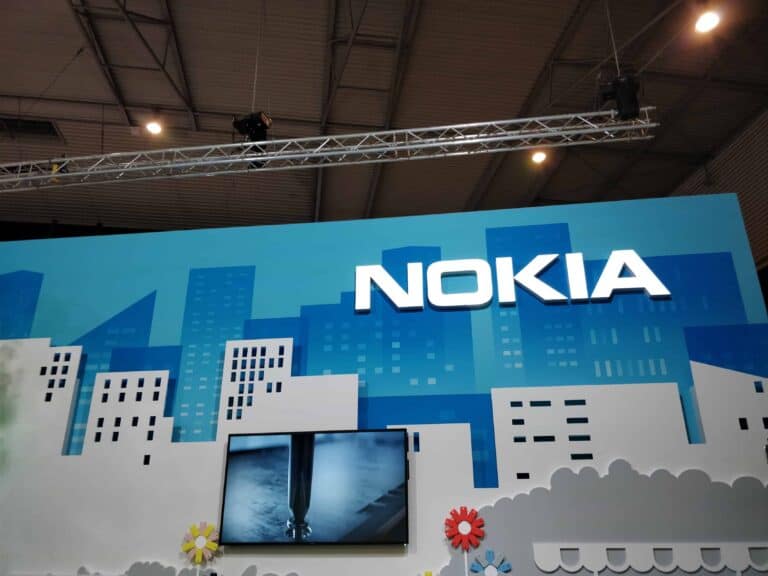Samsung is reportedly interested in acquiring certain parts of Nokia as the Finnish company considers options for the future of its telecom equipment.
Sources report that to Bloomberg. Nokia and consultants have been discussing its future in the mobile network market, where it competes with Huawei and Ericsson. Several options are on the table, from selling some or all of its divisions to combining its operations with a rival.
Part of the future could lie with Samsung. Indeed, this Korean vendor sees a more significant role in the radio access network (RAN), the technology that connects smartphones to telecom infrastructure.
Its entire mobile network division is valued at around $10 billion (€9 billion). If Samsung decides to pursue its interest and acquire the division, the Asian company will become one of the biggest players in 5G. Many European telecom providers would then suddenly become Samsung’s customers.
Bloomberg’s sources stress that the options are still open and that interest from other competitors is also possible.
In response to the news, a spokesman revealed that Nokia remains focused on the success of its mobile network division, which is “highly strategic.” “The business has made significant progress this year both on right-sizing its cost-base while protecting our product roadmap and winning new deals with new customers and increasing share with existing customers. Nokia is focused on ensuring that Mobile Networks is positioned to serve its customers building the best performing networks, investing in its portfolio and creating value for Nokia’s shareholders,” the spokesperson said. It added that there is “nothing to announce.”
Tough period
Nokia is struggling to keep up with the competition. Although the RAN market as a whole is shrinking, Nokia’s downward trend is significant. Most recently, year-on-year sales fell by nearly a third. European rival Ericsson also saw contraction, but there, it came in at about 16 percent.
Nokia’s initial success with the rollout of 5G was tempered by a decline in demand. Therefore, the company is exploring new options to reduce its dependence on telecom operators’ ambitions to expand their networks.
